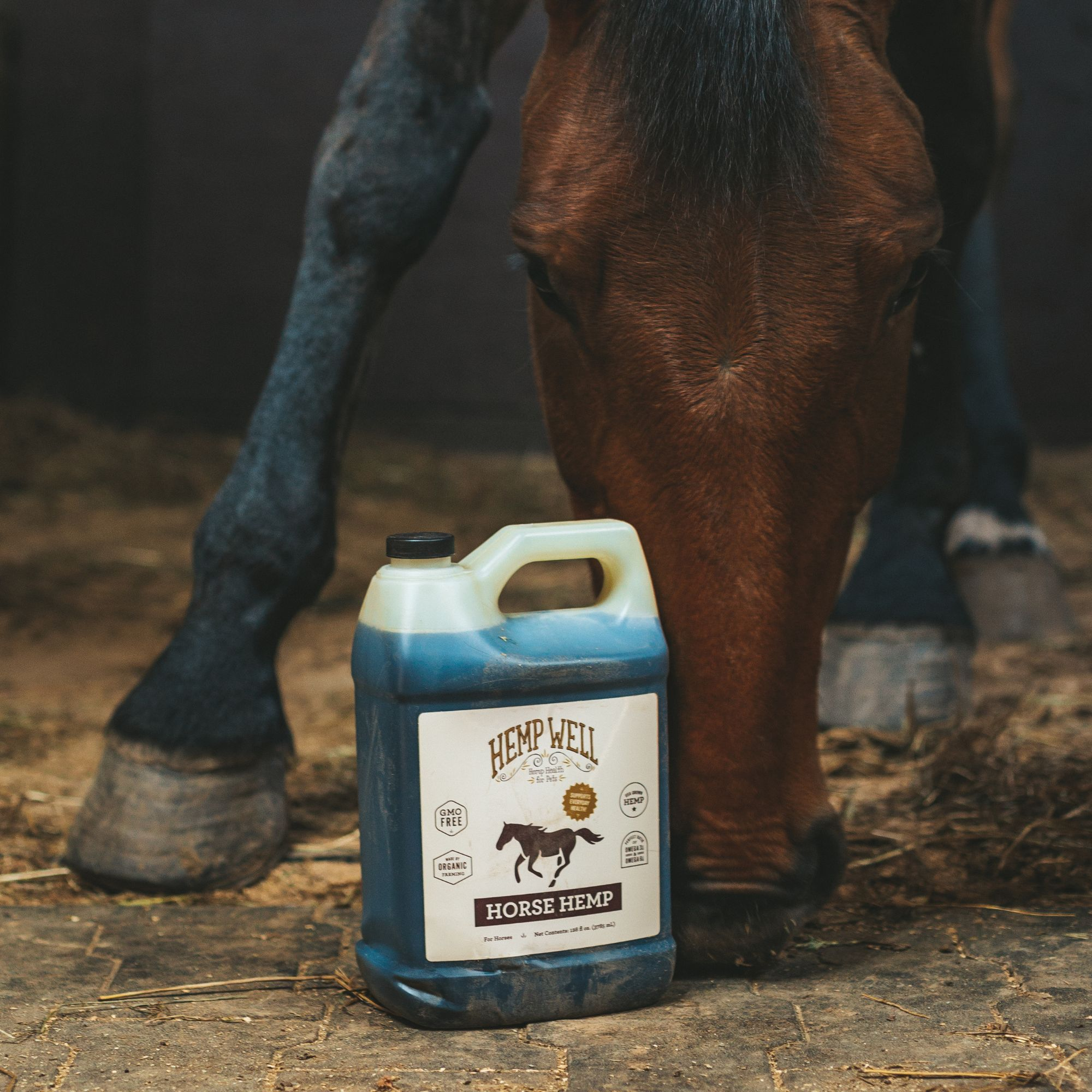Top 20 Reasons Dogs Visited a Veterinarian
Just like people, dogs need regular healthcare to stay happy and healthy. From routine wellness checks to emergency visits, here are the top 20 reasons dogs go to the vet — plus tips to help you prevent some of the most common issues.
1. Vaccinations & Boosters
Core vaccines protect against rabies, parvovirus, distemper, and more. Routine boosters keep immunity strong. Tip: Stay on schedule with your vet’s recommended vaccination plan.
2. Preventative Care
Annual wellness exams, flea/tick preventatives, and heartworm prevention are essential for long-term health.
3. Gastrointestinal Issues
Vomiting, diarrhea, and upset stomach are leading reasons for vet visits. Causes can include dietary indiscretion, parasites, or infection. Keep trash secure and introduce new foods gradually.
4. Skin Conditions & Allergies
Hot spots, itching, and rashes are common, often triggered by food or environmental allergens. Consider Hemp Well Immunity Dog Chews to support immune health during allergy season.
5. Ear Infections
Head shaking, scratching, odor, and discharge are classic signs. Regular ear cleaning can help prevent flare-ups.
6. Dental Problems
Gum disease, tooth decay, and oral tumors are common in dogs over three years old. Regular brushing and dental treats help prevent painful dental disease.
7. Lameness & Joint Issues
Arthritis, ligament tears, or soft-tissue injuries are common causes of limping. Hip & Joint Soft Chews can help support mobility and joint comfort.
8. Eye Problems
Redness, discharge, or squinting may signal conjunctivitis, ulcers, or cataracts. Early treatment helps prevent permanent damage.
9. Respiratory Issues
Coughing, nasal discharge, and difficulty breathing can be signs of kennel cough, allergies, or more serious conditions like pneumonia.
10. Accidental Ingestion
Dogs often get into things they shouldn’t — from chocolate and grapes to socks and toys. Keep toxins and choking hazards out of reach.
11. Urinary Tract Infections
Straining, frequent urination, or blood in the urine may indicate infection or stones. Prompt treatment prevents complications.
12. Behavioral Issues
Anxiety, aggression, or excessive barking are common concerns. Veterinary visits can rule out medical causes before starting training or behavior modification.
13. Reproductive Issues
Pregnancy, birthing complications, or infections like pyometra require immediate veterinary attention. Spaying and neutering can help prevent many of these problems.
14. Endocrine Disorders
Diabetes, thyroid problems, and Cushing’s disease are common in middle-aged and senior dogs. Routine bloodwork can catch these early.
15. Weight Management
Obesity is linked to arthritis, diabetes, and shortened lifespan. Work with your vet to find the right diet and portion sizes for your dog.
16. Heart Conditions
Heart murmurs, congestive heart failure, and arrhythmias may require medication and monitoring. Regular checkups catch problems early.
17. Neurological Issues
Seizures, vertigo, and neuropathy are serious concerns that warrant prompt evaluation and sometimes lifelong management.
18. Trauma & Injuries
Bite wounds, lacerations, or accidents often require urgent veterinary care and sometimes surgery.
19. Lumps, Bumps & Tumors
Not all growths are cancerous, but any new lump should be checked by a veterinarian to rule out malignancy.
20. Senior Dog Care
As dogs age, arthritis, cognitive decline, and organ disease become more common. Twice-yearly checkups and joint support supplements help keep seniors comfortable.
Takeaways for Pet Parents
Regular veterinary care is key to catching problems early and keeping your dog healthy. Many of the top vet visit reasons — like dental disease, skin allergies, and joint pain — can be supported with proactive nutrition, exercise, and natural supplements. Explore Hemp Well’s complete line of dog health supplements to help support immune health, joint comfort, calm, and overall vitality.








